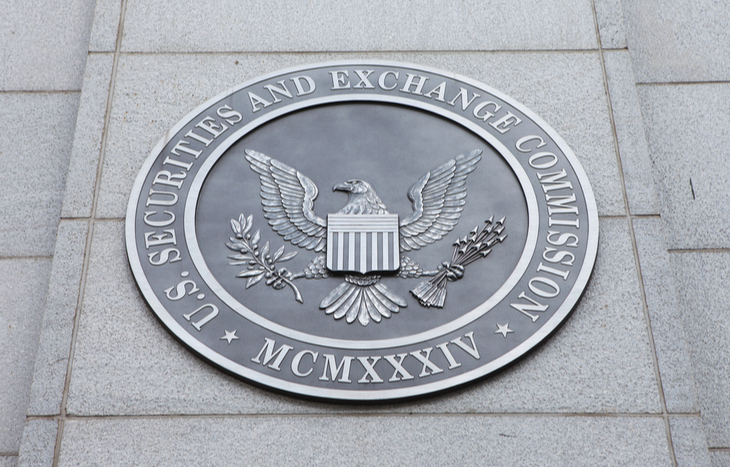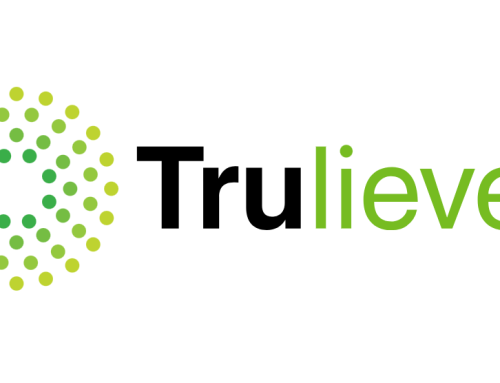SEC Halts $60 Million Alleged Ponzi-Like Scheme Linked to Non-Existent Cannabis Farm
LOS ANGELES–In a stunning revelation this week, the U.S. Securities and Exchange Commission (SEC) announced the shutdown of a long-running alleged Ponzi-like scheme in the cannabis industry, involving a company named WeedGenics and its owners. The operation, which spanned several years and amassed a staggering $60 million, is said to have exploited unsuspecting investors who were enticed by promises of lucrative returns from a non-existent cannabis farm.
The SEC’s swift action serves as a stark reminder of the need for regulatory oversight in an industry that continues to attract both legitimate businesses and unscrupulous operators seeking to capitalize on the growing demand for alternative investments. The case involving WeedGenics highlights the potential risks faced by investors, underscoring the importance of due diligence and caution when navigating the still-evolving landscape of emerging markets.
According to the SEC, WeedGenics and its owners orchestrated a complex scheme that defrauded investors by misrepresenting the company’s operations and financial prospects. The alleged perpetrators capitalized on the allure of the booming cannabis industry, enticing individuals with promises of significant returns from an imaginary cannabis farm. They employed classic Ponzi-like tactics, using funds from new investors to pay fictitious returns to earlier investors, all while creating the illusion of a legitimate business venture.
The extent of the scheme’s success, accumulating a staggering $60 million, reveals the vulnerabilities within the investment landscape, particularly in industries that capture public fascination and excitement. The allure of the cannabis industry, with its promise of extraordinary growth potential, has proven irresistible to many investors seeking high returns. However, the WeedGenics case serves as a cautionary tale about the dangers of blind optimism and the importance of thorough research before committing funds to any investment opportunity.
The SEC’s intervention in shutting down the alleged Ponzi-like scheme demonstrates the agency’s commitment to safeguarding investors and maintaining the integrity of financial markets. By investigating and taking swift action against fraudulent actors, the SEC aims to deter future schemes and send a strong message that such misconduct will not be tolerated.
While the WeedGenics case highlights the risks associated with fraudulent activities in the cannabis industry, it is crucial to recognize that not all companies operating within this sector are involved in illicit activities. The cannabis industry, like any other, comprises a diverse range of legitimate businesses that adhere to regulations and strive for transparency. Responsible investors should exercise caution and conduct thorough due diligence when evaluating potential investment opportunities.
As the cannabis industry continues to evolve, it is imperative for investors to remain vigilant and seek out reputable companies with proven track records. Verifying the existence of physical assets, scrutinizing financial statements, and researching the backgrounds of company founders are essential steps in mitigating risks and avoiding falling victim to fraudulent schemes.
The SEC’s swift action in shutting down the alleged Ponzi-like scheme tied to WeedGenics should serve as a reminder to potential investors that thorough research, skepticism, and regulatory oversight are crucial elements in making informed investment decisions. While the allure of emerging industries may be enticing, it is paramount to approach such opportunities with caution, verifying claims, and ensuring compliance with established regulations. By doing so, investors can protect themselves from falling prey to fraudulent schemes and contribute to the growth of a transparent and responsible investment landscape.

































